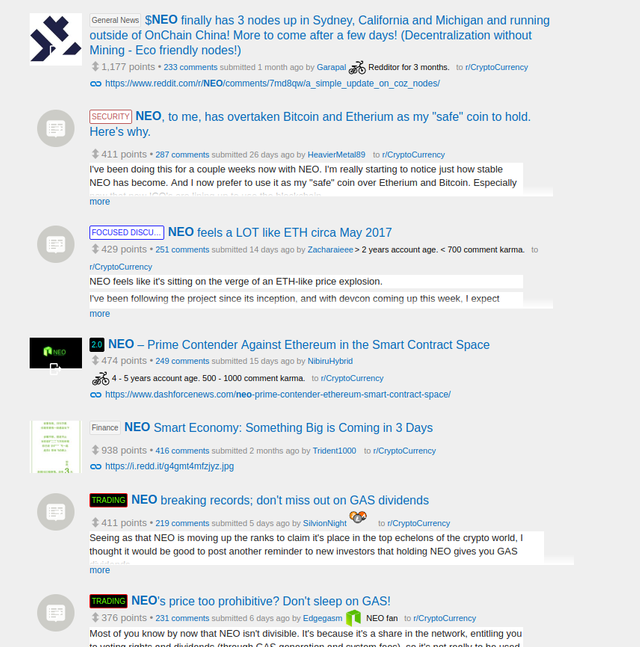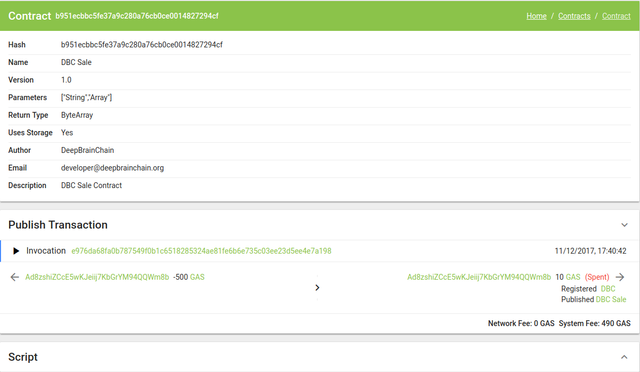Questions about NEO

Day in and day out, I keep seeing Reddit posts selling NEO to me. And I have to say they almost worked on me. I was ready to invest in NEO. However, my rule of thumb for investing is to understand exactly what I'm buying. So I put on my blinders, ignored the social media hype, and looked for critical voices on NEO. Luckily, I didn't have to search far as I came across a number of articles critiquing NEO.
Would you trust your hard earned wealth with random Shanghai businessmen? Costs of centralization
One of the most scathing critiques of NEO is that it's incredibly centralized. There are only 7 validation nodes which are controlled by either Onchain (company that founded and is developing NEO), the NEO Council, or the City of Zion, three organizations that are very closely tied to each other. Yeah, I can see why this is bad, given that cryptocurrencies derive a significant part of their value from security through decentralization. If it's not decentralized, it's not secure, since there's a single point of failure. People are willing to invest in Bitcoin because it's resilient and hard to be attacked. People don't often trust their hard earned wealth with random Shanghai businessmen. What's even worse is that there is no regulation around this centralized system. No one will protect you if NEO shut down their network one day.
Also, I've seen rebuttals that NEO plans to decentralize "soon". So far, all I've seen is federalization and decentralization of location masqueraded as some twisted form of decentralization. Just because the server is moved to a phone company's data center, or a Swiss data center, doesn't mean the servers are not under the control of NEO. They still are. If I rent a server from Amazon, I have full control over it.
There are barely any smart contracts on the main net
In any case, I wanted to dig further into NEO... so I decided to look at their smart contract system. Another critique I've seen was that NEO had a very small amount of smart contracts deployed on the main net.
I verified this claim and can confirm there are only 15, of which 3 are test contracts deployed by NEO (source). That's not good. Part of this can most certainly be explained by the fact that NEO pay gates their system with a tremendous smart contract deployment fee. Currently, you need to shore up 500 GAS to deploy a smart contract. At current prices, that's more than $20,000.
No one has interacted with a main net smart contract
Putting the actual number of smart contracts aside, I wanted to play around with the contracts. I bought some GAS off Binance, and was ready to send some commends t these main net contracts. This was when I realized that no one was interacting with any of these contracts.
All of them only had 1 transaction, the smart contract deployment transaction. This is very weird. Furthermore, I asked around NEO's subreddit and their Discord and no one seemed to have interacted with any NEO smart contract either.

Finally, NEO is vulnerable to spam
Many of you know that NEO has zero transaction fees. That's because the devs have set it to 0 since they control the whole network anyways. Zero transaction fees is great but I see one big flaw with this. NEO has no spam mitigation system. Other zero transaction fee cryptopcurrencies like IOTA and RaiBlocks has some form of spam mitigration through mini proof of work problems. NEO has nothing. I could literally spin up several AWS books, create a thousand accounts, each with 0.001 GAS, and just send transactions back and forth to clog up NEO's network. And no one can stop me until the devs intervene and increase transaction fees.
I'm glad I didn't pull the trigger
I'm glad I didn't pull the trigger. NEO might turn out to be a great project but right now it's just too risky for me. With so many questionable projects and scams in the cryptocurrency space, it's safer for me.
Coins mentioned in post:
I initially thought the high Gas fee to deploy a smart contract was a con, however I found that this is a huge deterrent for scam ICOs. This keeps the professionalism.
As for centralisation. The more nodes you have the harder it is to increase TPS, there are very good talks from NEO and Binance the sell-offs from going to a fully decentralised model. Also consider nothing is fully decentralised in crypto (maybe Nano).
NEO is 100% centralized, and its smart contract platform is 100% not being utilized by its community right now.